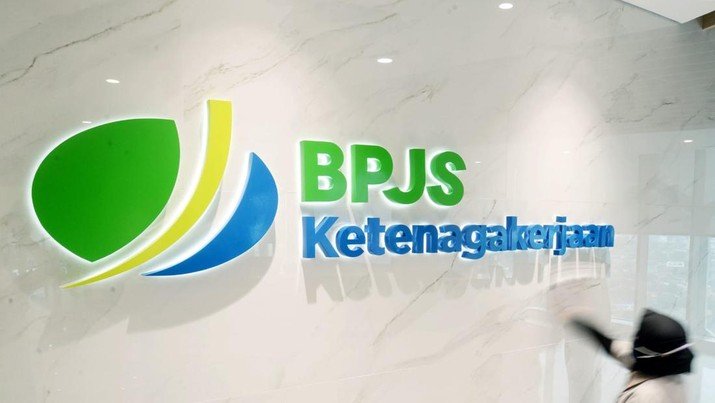Just Opened a PT PMA in Indonesia? Here's Your Compliance Blueprint
If you’ve recently set up your PT PMA in Indonesia - congratulations on this milestone in your journey! Whilst this is an exciting time, you may also be feeling a little stressed from having new corporate responsibilities to deal with. If you’re wondering what these responsibilities are, allow us to walk you through the areas you need to focus on to maintain compliance.
The company is required to submit its annual tax report before April 30 of the following year.
Tax and Financial Responsibilities
Managing your finances is fundamental to maintaining your PT PMA’s compliance. As soon as your PT PMA makes its first financial transaction, you need to start keeping detailed records and getting ready to submit reports to the authorities. All businesses have to submit both monthly reports, as well as more detailed reports at the end of the fiscal year.
For PT PMAs, there are several tax categories, depending on your industry:
For Hospitality Businesses:
PB1: Local hospitality tax for hotels, restaurants and tourism venues
WHT 25: Corporate tax rate of 11% (or 22% for higher revenue brackets)
For General Business Operations:
Monthly VAT (PPN) reporting for businesses with annual revenue over 4.8 billion IDR
PPh 21: Monthly employee income tax withholding
PPh 23: Withholding tax on services (2%) and dividends/interest/royalties (10%)
Critical Annual Deadlines:
Corporate Tax Return: Due April 30th
Personal Tax Returns for Directors: Due March 31st (includes global asset reporting)
New PT PMAs may qualify for the PP55 tax incentive - a preferential 0.5% income tax rate for your first three years, as long as your annual revenue stays below 4.8 billion IDR.
We would strongly advise you to find an accountant who is well-versed in Indonesian tax regulations. They can make sure that you are following all the complex requirements necessary for your business.
2. Submitting a LKPM:
As a foreign business owner in Indonesia, a key obligation is submitting a quarterly LKPM (Laporan Kegiatan Penanaman Modal). A LKPM is a report that gives a good overview of your business activities, and covers the operational and developmental stages of your business. It is a way for your business and the Indonesian Investment Coordinating Board (Badan Koordinasi Penanaman Modal - BKPM) to communicate.
Once completed, it should include:
A detailed overview of your labor force
Production metrics, including export values
Progress on meeting partnership commitments
Status of investment obligations
Development stage updates
Making sure you complete it properly will be crucial for you to:
Maintain your business license
Process future permits and licenses
Apply for business expansion opportunities
All companies in Indonesia, both large-scale and MSMEs, are required to register their permanent, contract, or daily employees with BPJS Ketenagakerjaan in accordance with Law No. 24 of 2011 on Social Security Administration Agencies.
3. BPJS Registration and Compliance
Business owners in Indonesia have to register their company and employees with BPJS (Badan Penyelenggara Jaminan Sosial), which is Indonesia’s social security program. The programme provides employees (and in some cases, their families) with coverage in the case of injuries, retirement or death. Making sure you pay towards the programme on behalf of your employees as well as accurately reporting your contributions is necessary in order to avoid penalties and maintain coverage. In 2025 BPJS registration has started being actively enforced and checked by authorities. Therefore, we strongly recommend completing your PT's BPJS registration within 30 days of incorporation. If you need assistance with BPJS registration, please contact our team.
4. Industry-Specific Requirements and Additional Permits
Although you’ve already established your PT PMA, which means your foundation is set for conducting business in Indonesia, many industries also require other permits. Here are some common examples:
Laik Sehat is a document issued by the Health Department to ensure that a business location complies with the standards of cleanliness, health, and safety.
Food and Beverage Industry
Laik Sehat Certification (Health and Sanitary Approval)
Requires a physical site inspection
Staff need to know hygiene protocols
Needs to be renewed regularly
Alcohol License
Separate permit for storing and serving alcoholic beverages
Requires strict compliance with storage and sales regulations
Property Development
Building Permit (PBG - Persetujuan Bangunan Gedung)
Required before construction begins
Has to match local zoning regulations
Building Worthiness Certificate (SLF - Sertifikat Laik Fungsi)
Can be obtained post-construction
Validates building safety and compliance
Required for legal occupancy
The requirements and permits needed for your business depend on your business activities, scale of operation and location.
Ultimately, making sure that you're compliant with Indonesian regulations requires proactive planning. Although it might sound overwhelming, thinking ahead and tracking your reporting deadlines and requirements in a calendar can help your business stay on the right path.
Getting professional help is always a good idea if you want peace of mind and to save time. At Bali Solve, we have a team of friendly and knowledgeable consultants that have extensive experience in helping PT PMA owners with their obligations and business growth. If you need further advice or guidance, don’t hesitate to reach out to us via Whatsapp or by dropping in to our office in Pererenan.
Written by Team Bali Solve
30 January 2025



